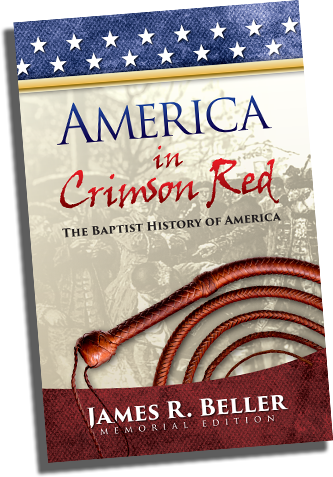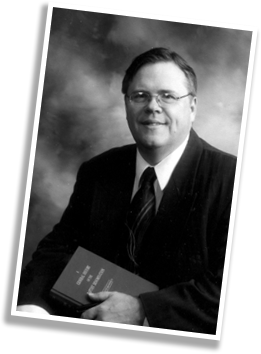03.14 Living with Eternity in View
Scripture: Job 14:14
On March 14, 1773, Edmund Botsford was ordained into the gospel ministry by his old mentor, the Reverend Oliver Hart, pastor of the First Baptist Church of Charleston, South Carolina. The ordination took place in Savannah, Georgia, and in the ordination sermon, taken from I Timothy 4:16, Pastor Hart said, “A plain and simple stile, seems best to comport with the simplicity of the Gospel, but let it not be low, or groveling—however plain, it ought to be manly & striking.”[1 ]
As we search the record of Botsford’s life, we are informed,
In the parts of Georgia where Mr. Botsford labored, the inhabitants were a mixed multitude, of emigrants from many different places; most of them were destitute of any form of religion, and the few who paid any regard to it were zealous churchmen and Lutherans and violently opposed to the Baptists. In the same journey in which he fell in with Mr. Savidge, court-house in Burk county. The assembly at the first paid a decent attention: but, towards the close of the sermon, one of them bawled out with a great oath, “The rum is come.” Out he rushed, others followed, the assembly was soon left small, and by the time Mr. Botsford got out to his horse, he had the unhappiness to find many of his hearers intoxicated and fighting. An old gentleman came up to him, took his horse by the bridle, and in his profane dialect most highly extolled him and his discourse, swore he must drink with him, and come and preach in his neighborhood. It was now no time to reason or reprove; and as preaching was Mr. Botsford’s business, he accepted the old man’s invitation, and made an appointment. His first sermon was blessed to the awakening of his wife; one of his sons also became religious, and others in the settlement, to the number of fifteen were in a short time hopefully brought to the knowledge of the truth, and the old man himself became sober and attentive to religion, al¬though he never made a public profession of it.[2]
During the last fifteen or sixteen years of his life, Botsford suffered from a disease of the nerves in one side of his head. Oftentimes while preaching, his whole frame would be subject to the most distressing par oxysms, and they would last from a half minute to several minutes. In whatever position he was in when the seizure struck, he became fixed as a statue and remained until it passed off. Amazingly, he became so ac¬customed to the agony that it did not disturb his train of thought, and he would resume his message where he had stopped. In a letter to a Christian friend, Botsford alluded to one of his attacks. He wrote: “Last Lord’s day, in the midst of my discourse, I was struck so violently that I was obliged to desist from speaking, and could not, for some minutes, dismiss the congregation, who were all attentive. Who knows but some sudden stroke may unawares send me to Heaven! Surely I ought to live each day looking for my change.”[3]
Oh, that we too might live each day with eternity in view!
DLC
[1]Robert A. Baker and Paul J. Craven, Jr., Adventure in Faith (Nashville: Broadman Press, 1982), p. 140.
[2]Charles 0. Sommers, William R. Williams, and Levi L. Hill, The Baptist Library (New York: Lewis Colby and Co., 1846). 1:40.
[3]William B. Sprague, Annals of the American Pulpit (New York: Robert Carter and Bros., 1865), 6:140-41.









